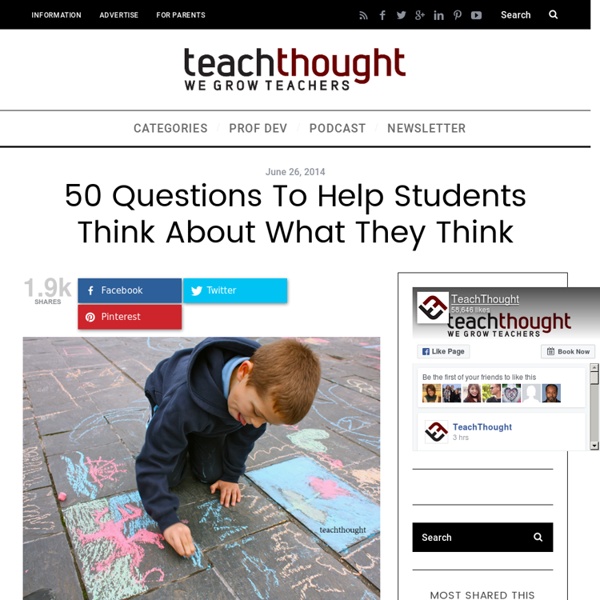Zoom
Trash
Related:



Pioneering Psychologist Jerome Bruner on the 6 Pillars of Creativity and How to Master the Art of “Effective Surprise” One of the greatest preoccupations not only of our culture but of our civilization is the question of what creativity is, dating back to the dawn of recorded thought. But it wasn’t until the advent of modern psychology in the early twentieth century that our answers to the question began to take the shape of something more structured and systematic than metaphysical hunches — there’s Graham Wallace’s model of the four stages of the creative process from 1926, a five-step “technique for producing ideas” from 1939, Arthur Koestler’s famous “bisociation” theory of how creativity works from 1964, and a number of derivative modern ideas. But one of the most compelling in the past century comes from the influential Harvard psychologist Jerome Bruner (October 1, 1915–June 6, 2016), celebrated for his contributions to cognitive psychology and learning theory in education. In one of the most timelessly illuminating essays from the collection, “The Conditions of Creativity,” Bruner writes:
15 ways to spark student reflection in your classroom In a recent survey of educators conducted by THE Journal, an overwhelming number – 81 percent – considered reflection skills very important. This doesn’t come as a surprise. The ability to learn from mistakes and recognize strengths and weaknesses can make the difference between success and failure, in school and beyond. Are you looking for some new ways to increase student reflection in the classroom? 1. Help students get started by providing sentence starters like “I was surprised when…” or “I’m still wondering about….” 2. Try getting your students to sketch a picture that represents what they’ve learned from a project. 3. Especially with young students, putting reflection questions on dice is a fun way to vary the reflection experience. 4. Opening up a reflective dialog with parents can deepen the experience for your students. 5. Journaling is a tried-and-true reflection activity, but these days there’s no need to restrict yourself to paper and pencil. 6. 7. 8. 9. 10. 11. 12. 13.
theconversation If it feels like you forget new information almost as quickly as you hear it, even if you write it down, that’s because we tend to lose almost 40% of new information within the first 24 hours of first reading or hearing it. If we take notes effectively, however, we can retain and retrieve almost 100% of the information we receive. Learning how to retain information The most effective note-taking skills involve active rather than passive learning. Active learning places the responsibility for learning on the learner. Research has found that, for learning to be effective, students need to be doing things with the material they are engaging with (reading, writing, discussing, solving problems). They must also be thinking about the thinking (metacognition) involved in engaging with the material. Studies have found note taking is most effective when notes are organised and transformed in some way or when a teacher gives examples of good notes. What are the most effective ways to take notes?
Edunators - Helping Teachers Overcome Obstacles and Focus on Learning - 35 Questions for Student Reflection Details Written by Mark Clements I’ve already spoken at length about the importance of reflection in education and how we as teachers can use reflection to help students learn. But what are some specific questions or activities we could be doing to help students reflect? Below you will find a list of such questions, grouped accordingly to why you might use them in your classroom. Obviously many of these may need to be reworded to decrease or increase the complexity depending on what age level you’re using them with, but hopefully they give you some ideas you can utilize in with your own students. Relationships and Collaboration 1.What are some ways you could share this learning with your parents or family? 2.Could you say something positive about each of your classmates? 3.What could you do today to help you develop better relationships with your peers? 4.Why is it important for students in a school to have positive relationships with each other? Community and Citizenship Academic Performance
Ten Reflective Questions to Ask at the End of Class Share with Friends 5.8KShares How deep is your commitment to reflective practice? Do you maintain a reflective journal? Do you blog? Do you capture and archive your reflections in a different space? Do you consistently reserve a bit of time for your own reflective work? I began creating dedicated time and space for reflection toward the end of my classroom teaching career, and the practice has followed me through my work at the WNY Young Writer’s Studio. Observations about reflection Reflection makes all of us self-aware. I find that often, we struggle to find time to support reflective practice. Ten Reflective Questions to Ask at the End of Class 1. 2. 3. 4. 5. 6. 7. 8. 9. 10. The learners I serve typically capture these reflections in a special section of their notebooks. The influence that asking reflective questions has on the quality of our conferences is incredible. Try it yourself. The following two tabs change content below. About The Author angelastockman
Reflection Questions Here is a list of potential reflection questions for groups or personal journals. Choose only 2-3 each time you discuss or write. What did I see that was different or unfamiliar?What do I feel about what I saw or experienced?What made me uncomfortable? Why was I uncomfortable?